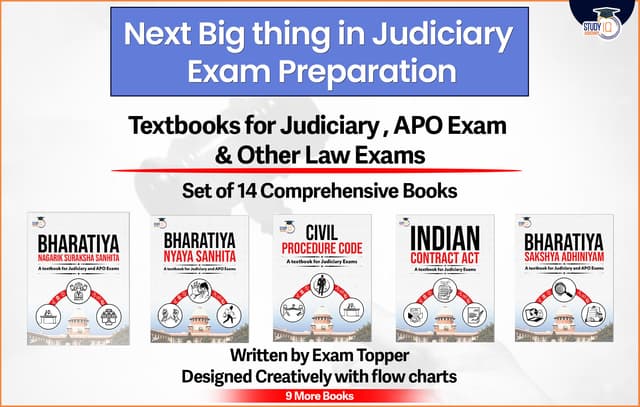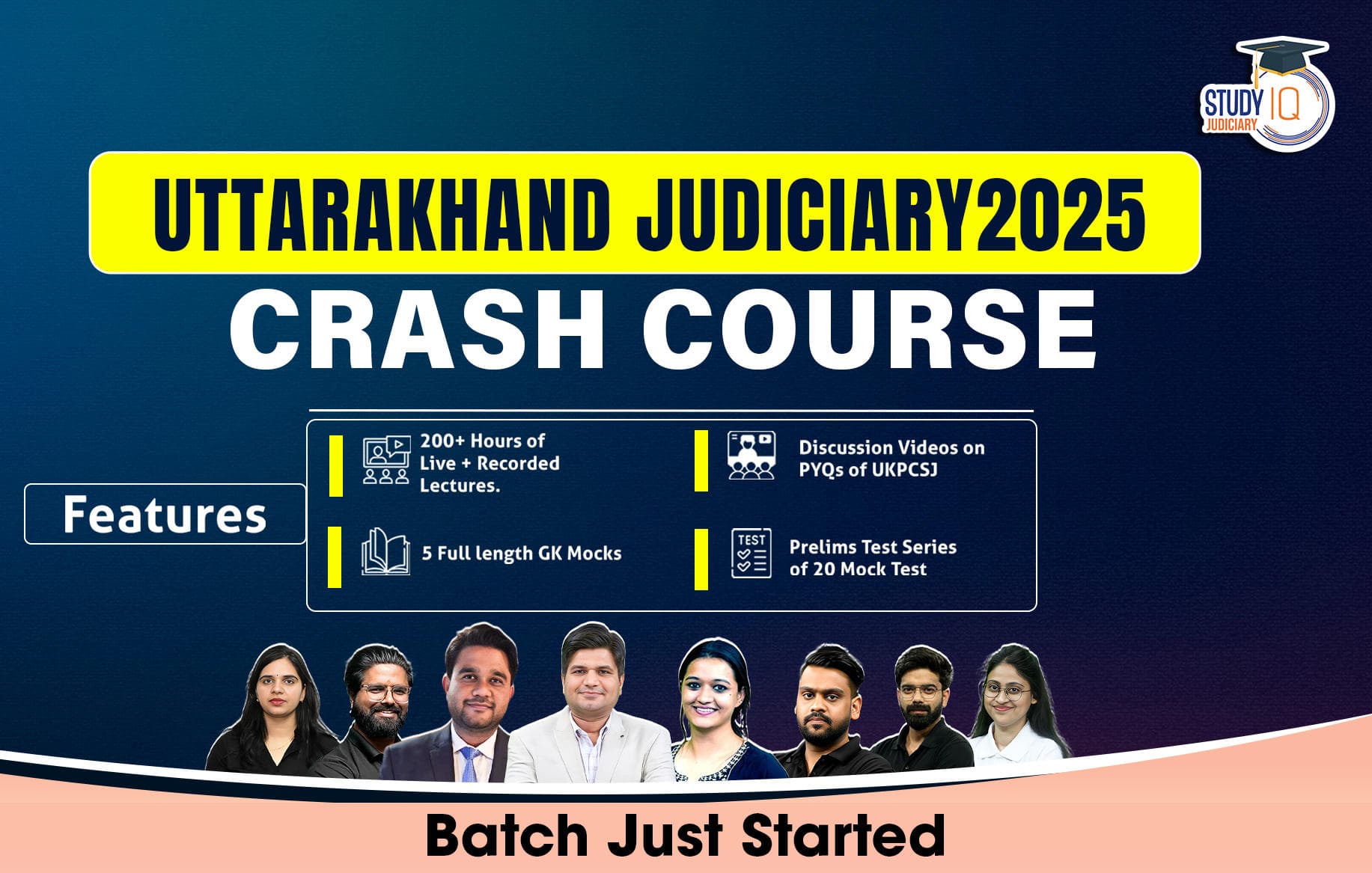Table of Contents
Why in the news?
The Election Commission of India (ECI) has recently launched a Special Intensive Revision (SIR) of the electoral rolls in the state of Bihar as part of preparations for the upcoming state elections. This initiative involves updating and verifying voter information to ensure accuracy and inclusiveness in the electoral rolls.
However, the revision process has triggered criticism from opposition parties and civil society activists. They argue that certain marginalised communities and newly eligible voters, especially those from vulnerable socioeconomic backgrounds, could be excluded or underrepresented during this exercise. Allegations include fears of disenfranchisement, where individuals might lose their voting rights due to procedural lapses, administrative errors, or insufficient outreach.
In defense of its actions, the Election Commission has invoked Article 326 of the Constitution of India, which enshrines the principle of universal adult suffrage meaning every citizen aged 18 and above has the right to vote, subject to legal qualifications. The Commission maintains that revising electoral rolls is a crucial part of upholding this constitutional mandate and ensuring a transparent and accountable democratic process.
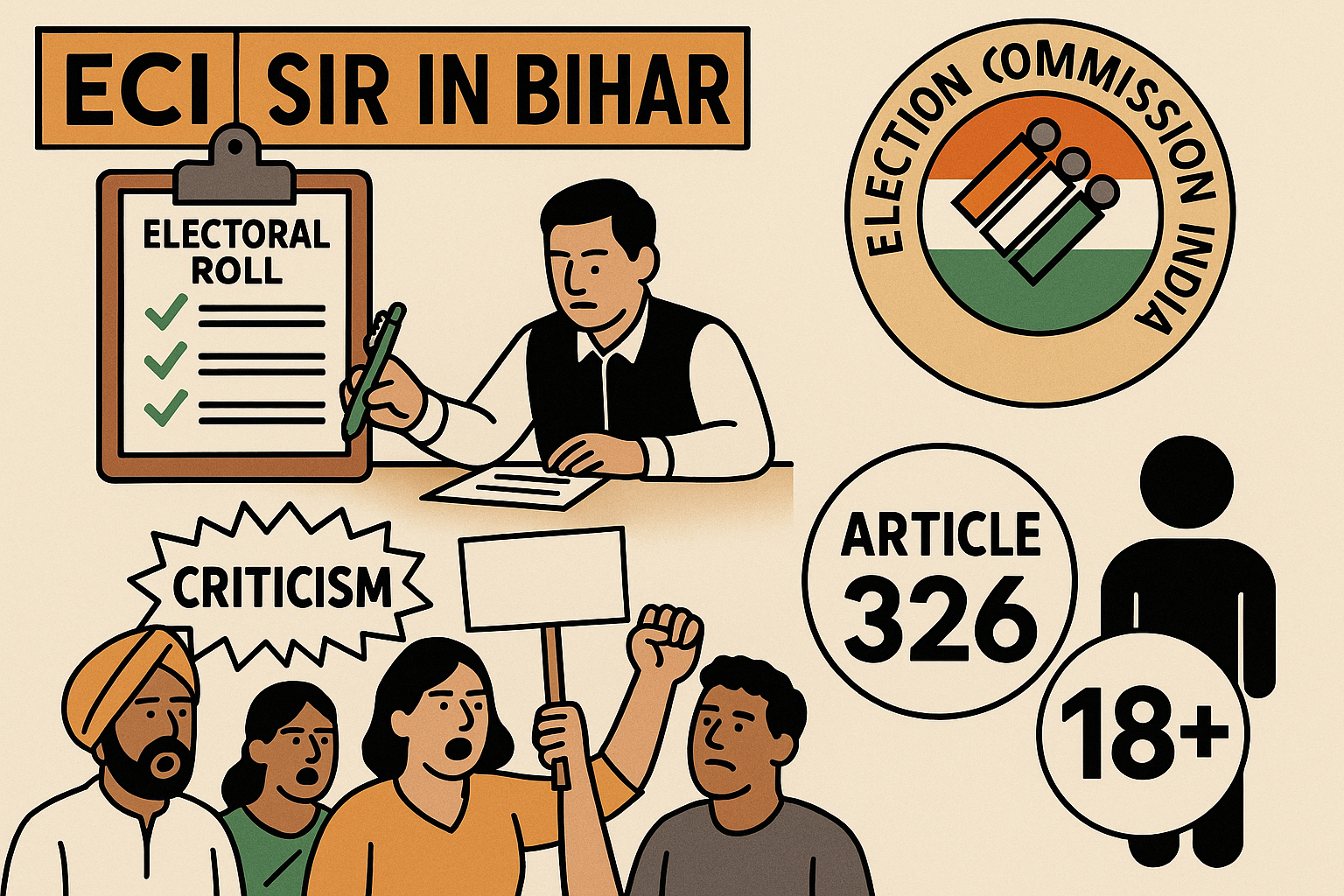
Article 326 of the Indian Constitution
Article 326 of the Indian Constitution enshrines the principle of universal adult suffrage, granting every citizen who has attained the age of eighteen the inalienable right to vote in elections for the Lok Sabha and state Legislative Assemblies. This landmark provision guarantees that every Indian citizen aged 18 or above is entitled to participate in the democratic process, ensuring elections are conducted without discrimination based on religion, race, caste, sex, or any other grounds.
While the right to vote is universal, certain disqualifications are established by law, including non-residence in the constituency, mental unsoundness as declared by a competent court, convictions for specific criminal offences, and involvement in corrupt electoral practices.
By mandating the registration of all eligible voters, Article 326 ensures that the electoral roll accurately reflects India’s adult population; an election held without such registration would lack legitimacy and fail to represent the true will of the people.
The Election Commission of India, under Article 324 in conjunction with Article 326, has the constitutional duty to prepare and periodically revise electoral rolls. This involves adding new voters who have recently turned eighteen or otherwise become eligible, removing ineligible entries such as duplicates or deceased individuals, and updating existing records to reflect demographic changes.
The recent Special Intensive Revision (SIR) in Bihar exemplifies this exercise, involving door-to-door verification, public notifications of draft rolls, and grievance redressal mechanisms. According to the Election Commission, these steps are essential for upholding the integrity of each vote, preventing fraud and impersonation, and ensuring that no eligible citizen is left out while no ineligible name clutters the list.
By rigorously enforcing the mandates of Article 326, the Election Commission strives to guarantee that every lawful vote is cast and that each election outcome accurately reflects the voice of the voters.
Reasons Behind the Bihar Electoral Rolls Revision
The last full-scale update of Bihar’s voter list was conducted in 2003, leaving more than two decades of demographic changes unaccounted for. Rapid population growth, large-scale migration for work or education, and natural demographic turnover have all contributed to discrepancies between the rolls and the state’s actual electorate.
- Incorporation of citizens who have reached the age of eighteen since the previous revision
- Removal of voters who are deceased or whose names appear multiple times
- Rectification of inaccuracies in names, addresses, and other personal details
These measures are intended to plug gaps that could be exploited for electoral fraud, while simultaneously ensuring that every eligible resident can participate in a legitimate and transparent voting process.
Controversies and Opposition to the Revision
Despite its stated goals, the revision has drawn fire from opposition parties and civil rights organisations. They contend that the newly imposed identification requirements amount to an onerous barrier for many voters.
- Citizens must furnish documentary evidence proving their citizenship and the identity of both parents
- Commonly used documents like Aadhaar cards and ration cards are not accepted for this exercise
- A truncated deadline for submissions amplifies the risk of valid voters being left off the rolls
Critics warn that these stringent conditions could disproportionately disenfranchise the poor, migrant labourers, and other marginalised groups, undermining the very democratic ideals the process purports to protect.
Legal and Democratic Implications
The Supreme Court has agreed to hear multiple petitions challenging the legality of the SIR exercise in Bihar. At stake is the delicate balance between two fundamental objectives: maintaining the sanctity of the electoral roll and upholding the universal right to vote.
- Determination of whether the identification criteria violate constitutional safeguards for suffrage
- Clarification of acceptable documentary standards for voter authentication in future revisions
- Guidance on how to design deadlines and procedures that protect both electoral integrity and voter inclusivity
The Court’s decision will set an important precedent for how India administers voter registration nationwide, shaping the rules under which every future eligible citizen is enabled or prevented from casting their ballot.

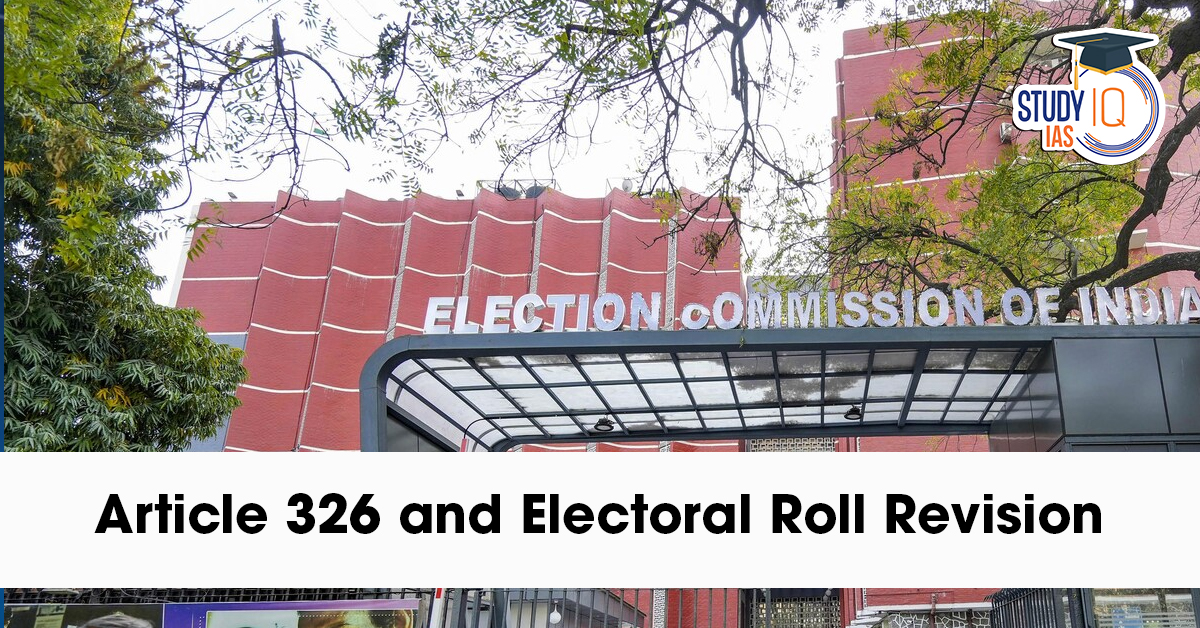
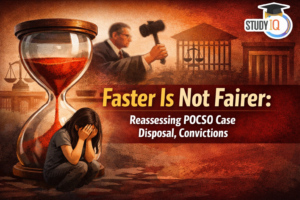 Faster Is Not Fairer: Reassessing POCSO ...
Faster Is Not Fairer: Reassessing POCSO ...
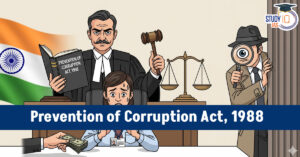 Prevention of Corruption Act, 1988: Evol...
Prevention of Corruption Act, 1988: Evol...
 The Securities Markets Code, 2025: Conso...
The Securities Markets Code, 2025: Conso...






